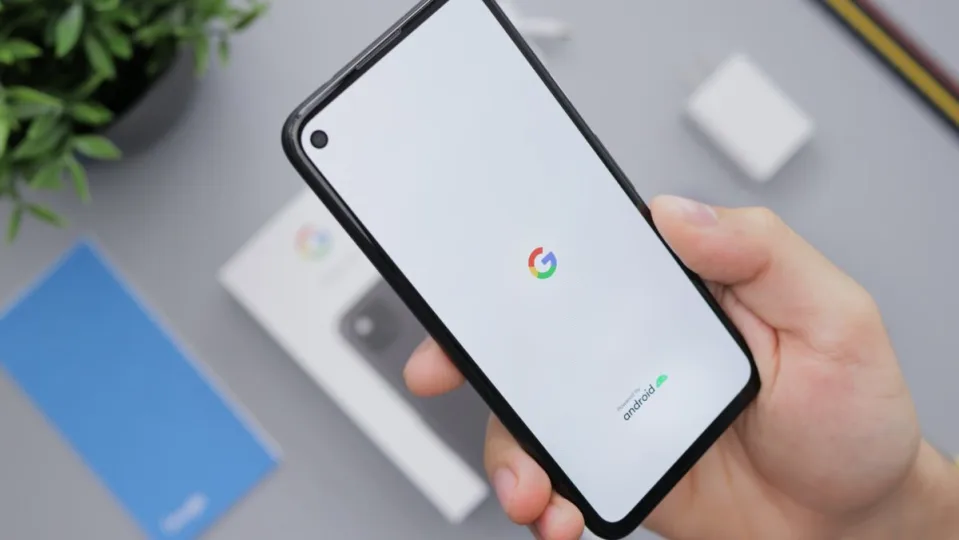Tech giant Google has announced that it will be extending its Privacy Sandbox initiative to the Android platform in an effort to change its data-tracking ecosystem, and improve both user privacy and safe web advertising on mobile. However, the current system will be in place for at least two years first, as they’re still working on this major change with industry players.
The Privacy Sandbox initiative is a collection of proposals Google has offered to enforce balance regarding the use of data-tracking methods. It aims to promote privacy-preserving advertising services, wherein users can be more at ease online while still enjoying the free content fueled by ad revenue.
First launched in 2019 on Chrome, Privacy Sandbox is Google’s alternative to the current use of intrusive web advertising. Its proposals were designed to rework web ads without third-party cookies getting involved. After all, while protecting people’s online privacy is important, allowing companies and developers to grow their digital businesses also ensures a healthy online economy.
It hadn’t exactly been a success back then, though. Nevertheless, how this will work on Android is that it will limit user data-sharing across third parties and operate without cross-app identifiers, eventually phasing out advertising IDs. Additionally, they’ll be adding the SDK Runtime feature for safer app integration with third-party advertising software development kits (SDK)—although this is only for Android 13 for now.
Privacy Sandbox is going to be a multi-year project so the current system will be around for two years for now. However, we can expect the initial proposals to be tested over the coming months. A full public beta will be released by the end of the year, as well. Though, if you want to take your online privacy matters into your own hands, then there are easy ways to delete your Google user data.


